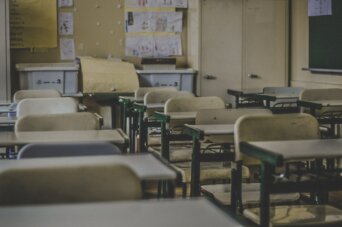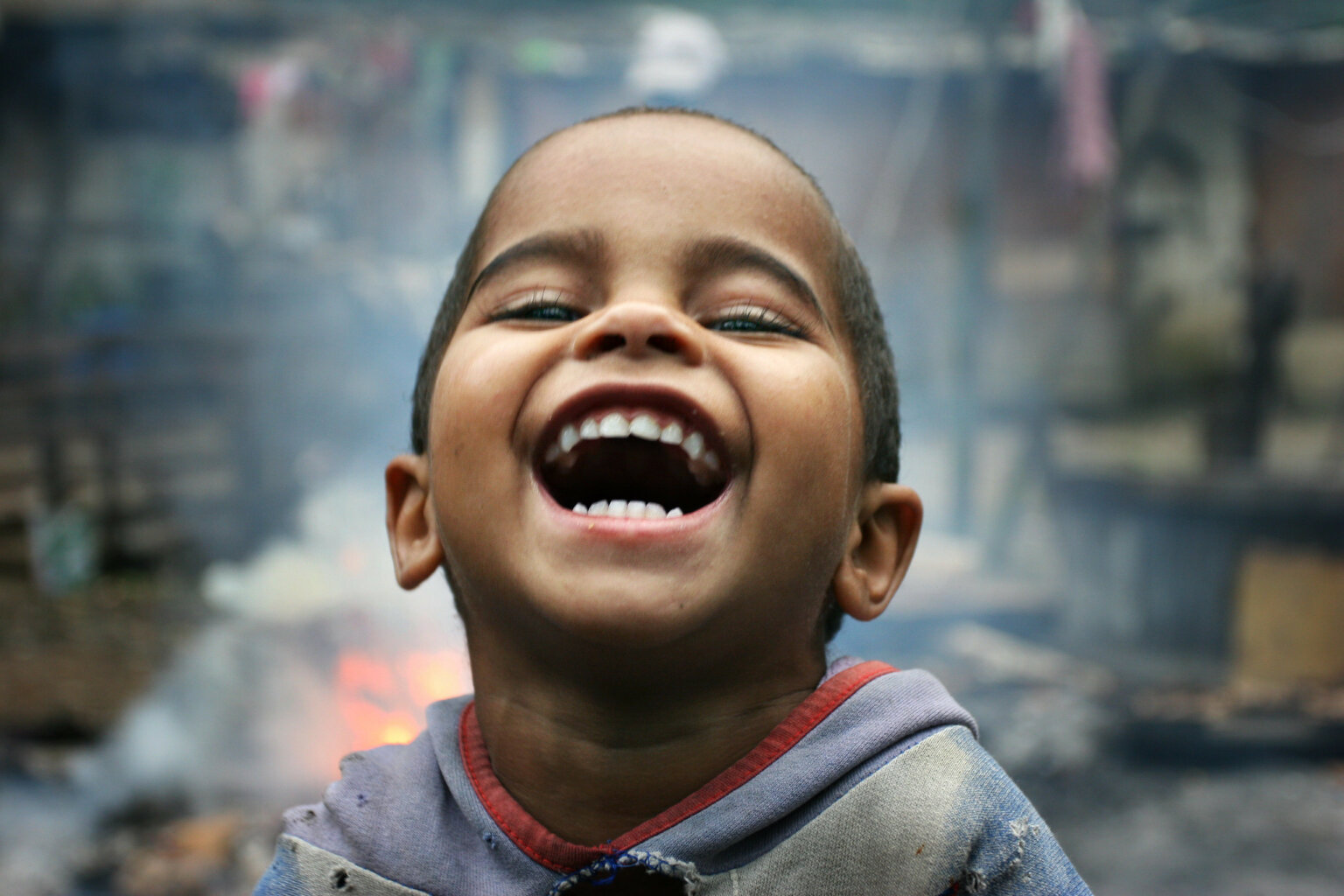- About
- Topics
- Picks
- Audio
- Story
- In-Depth
- Opinion
- News
- Donate
- Signup for our newsletterOur Editors' Best Picks.Send
Read, Debate: Engage.
| topic: | Good Governance |
|---|---|
| located: | Brazil, Bolivia, Ecuador, Honduras |
| editor: | Ellen Nemitz |
The Covid-19 pandemic sparked an unprecedented education crisis, as online classes challenged educators and parents throughout the globe and excluded many students from formal education systems whenever internet access was not available.
Almost a year and a half after the first emergency school closures, the pandemic presents a very different scenario in most developed countries compared to poorer ones. While in some places in-person classes are resuming, the situation is far from normal in many developing nations, especially where the pandemic is still highly active.
Although regional differences exist, Latin America on the whole is about to face a historic setback in education. And while remaining at school was already a struggle for many students in developing nations (due to issues such as having to work or facing harassment at school), the pandemic could end up posing an additional and insurmountable barrier for many.
According to data from UNICEF, there are currently 100 million kids in Latin America affected by full or partial school closures (Bolivia, Ecuador and Honduras, for example, were still under complete lockdown as of 5 June). Considering the adverse impact this could have on the future of so many kids, both the World Bank and the Economic Commission for Latin America and the Caribbean (ECLAC) have issued reports asking governments to act with urgency to reduce the students' educational gap.
While investigating the impacts of the pandemic over education in Latin America, the World Bank found out that the rate of illiteracy among students may have already grown by more than 20 percent. One of the leaders of the report, Emanuela Di Gropello, says that a correct management of policies is fundamental in order to proceed to an inclusive, effective and resilient reopening.
“It is crucial to quickly close the digital divides that persists and to take advantage of the current crisis to promote changes that were needed even before the pandemic,” assessed Gropello, the World Bank Practice Leader for Education in Latin America and the Caribbean.
Education has been neglected for a long time in Latin America, affecting the potential development of millions of kids. The pandemic has, however, amplified this problem, creating potential future losses not only of individual livelihoods, but also of innovation and science development for the society.
Female students may be even more impacted, as UNESCO points out that over 11 million girls could remain out of school after the pandemic. Besides, other vulnerable populations should be prioritised in educational policies, says ECLAC, such as indigenous and black people, refugees, displaced and migrant persons, people with disabilities and those with diverse sexual orientation and gender identification.
Furthermore, accelerating the vaccination rates in all countries is crucial in order to reopen schools as soon as possible. At this point, however, there must be a consistent partnership between public and private sectors, as well as civil society, to enable an entire generation to overcome the setbacks posed by the pandemic and thrive.
Image: Feliphe Schiarolli.

